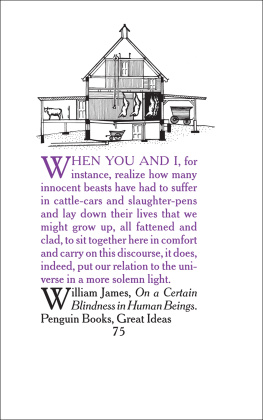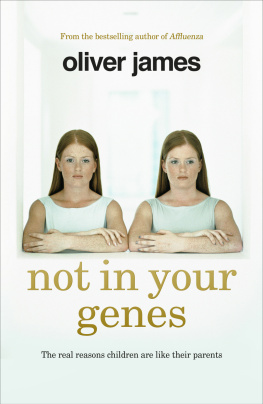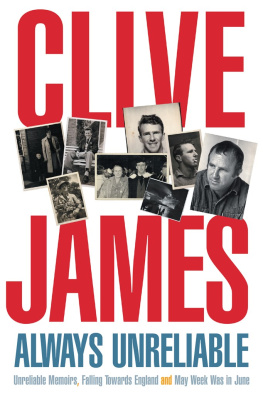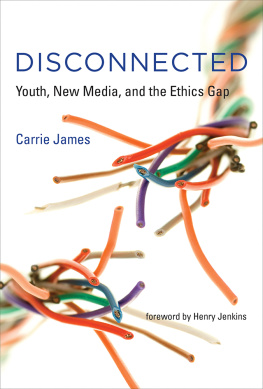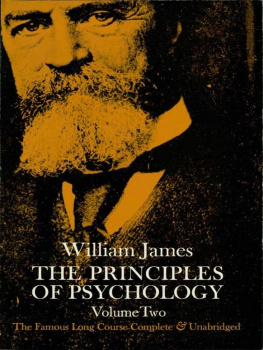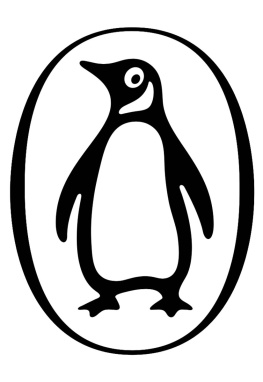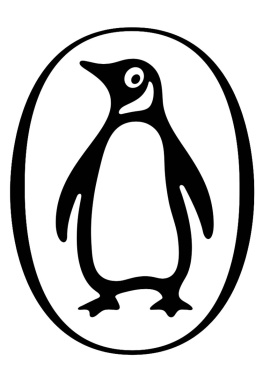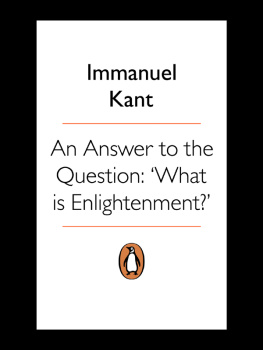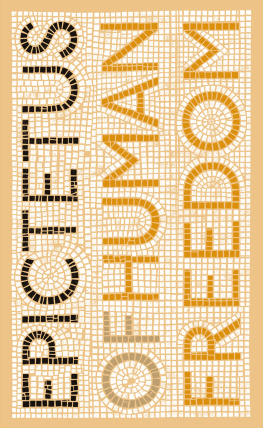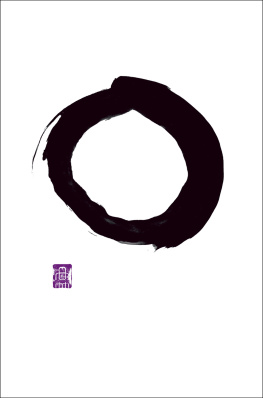William James
On a Certain Blindness
in Human Beings
PENGUIN BOOKS GREAT IDEAS
PENGUIN BOOKS
Published by the Penguin Group
Penguin Books Ltd, 80 Strand, London WC2R 0RL, England
Penguin Group (USA) Inc., 375 Hudson Street, New York, New York 10014, USA
Penguin Group (Canada), 90 Eglinton Avenue East, Suite 700, Toronto, Ontario, Canada M4P 2Y3 (a division of Pearson Penguin Canada Inc.)
Penguin Ireland, 25 St Stephens Green, Dublin 2, Ireland (a division of Penguin Books Ltd)
Penguin Group (Australia), 250 Camberwell Road, Camberwell, Victoria 3124, Australia (a division of Pearson Australia Group Pty Ltd)
Penguin Books India Pvt Ltd, 11 Community Centre, Panchsheel Park, New Delhi 110 017, India
Penguin Group (NZ), 67 Apollo Drive, Rosedale, North Shore 0632, New Zealand (a division of Pearson New Zealand Ltd)
Penguin Books (South Africa) (Pty) Ltd, 24 Sturdee Avenue, Rosebank, Johannesburg 2196, South Africa
Penguin Books Ltd,
Registered Offices: 80 Strand, London WC2R 0RL, England
www.penguin.com
This selection first published in Penguin Books 2009
All rights reserved
Except in the United States of America, this book is sold subject to the condition that it shall not, by way of trade or otherwise, be lent, re-sold, hired out, or otherwise circulated without the publishers prior consent in any form of binding or cover other than that in which it is published and without a similar condition including this condition being imposed on the subsequent purchaser
ISBN: 978-0-14-195658-9
William James
18421910
On a Certain Blindness in Human Beings is taken from Talks to Teachers on Psychology (1899); The Tigers in India is taken from The Meaning of Truth (1909); Is Life Worth Living? is taken from The Will to Believe and Other Essays in Popular Philosophy; the final two pieces are Lecture II and Lecture III from Pragmatism (1907).
On a Certain Blindness in
Human Beings
Our judgments concerning the worth of things, big or little, depend on the feelings the things arouse in us. Where we judge a thing to be precious in consequence of the idea we frame of it, this is only because the idea is itself associated already with a feeling. If we were radically feelingless, and if ideas were the only things our mind could entertain, we should lose all our likes and dislikes at a stroke, and be unable to point to any one situation or experience in life more valuable or significant than any other.
Now the blindness in human beings, of which this discourse will treat, is the blindness with which we all are afflicted in regard to the feelings of creatures and people different from ourselves.
We are practical beings, each of us with limited functions and duties to perform. Each is bound to feel intensely the importance of his own duties and the significance of the situations that call these forth. But this feeling is in each of us a vital secret, for sympathy with which we vainly look to others. The others are too much absorbed in their own vital secrets to take an interest in ours. Hence the stupidity and injustice of our opinions, so far as they deal with the significance of alien lives. Hence the falsity of our judgments, so far as they presume to decide in an absolute way on the value of other persons conditions or ideals.
Take our dogs and ourselves, connected as we are by a tie more intimate than most ties in this world; and yet, outside of that tie of friendly fondness, how insensible, each of us, to all that makes life significant for the other! we to the rapture of bones under hedges, or smells of trees and lamp-posts, they to the delights of literature and art. As you sit reading the most moving romance you ever fell upon, what sort of a judge is your fox-terrier of your behavior? With all his good will toward you, the nature of your conduct is absolutely excluded from his comprehension. To sit there like a senseless statue, when you might be taking him to walk and throwing sticks for him to catch! What queer disease is this that comes over you every day, of holding things and staring at them like that for hours together, paralyzed of motion and vacant of all conscious life? The African savages came nearer the truth; but they, too, missed it, when they gathered wonderingly round one of our American travellers who, in the interior, had just come into possession of a stray copy of the New York Commercial Advertiser, and was devouring it column by column. When he got through, they offered him a high price for the mysterious object; and, being asked for what they wanted it, they said; For an eye medicine, that being the only reason they could conceive of for the protracted bath which he had given his eyes upon its surface.
The spectators judgment is sure to miss the root of the matter, and to possess no truth. The subject judged knows a part of the world of reality which the judging spectator fails to see, knows more while the spectator knows less; and, where-ever there is conflict of opinion and difference of vision, we are bound to believe that the truer side is the side that feels the more, and not the side that feels the less.
Let me take a personal example of the kind that befalls each one of us daily:
Some years ago, while journeying in the mountains of North Carolina, I passed by a large number of coves, as they call them there, or heads of small valleys between the hills, which had been newly cleared and planted. The impression on my mind was one of unmitigated squalor. The settler had in every case cut down the more manageable trees, and left their charred stumps standing. The larger trees he had girdled and killed, in order that their foliage should not cast a shade. He had then built a log cabin, plastering its chinks with clay, and had set up a tall zigzag rail fence around the scene of his havoc, to keep the pigs and cattle out. Finally, he had irregularly planted the intervals between the stumps and trees with Indian corn, which grew among the chips; and there he dwelt with his wife and babes an axe, a gun, a few utensils, and some pigs and chickens feeding in the woods, being the sum total of his possessions.
The forest had been destroyed; and what had improved it out of existence was hideous, a sort of ulcer, without a single element of artificial grace to make up for the loss of Natures beauty. Ugly, indeed, seemed the life of the squatter, scudding, as the sailors say, under bare poles, beginning again away back where our first ancestors started, and by hardly a single item the better off for all the achievements of the intervening generations.
Talk about going back to nature! I said to myself, oppressed by the dreariness, as I drove by. Talk of a country life for ones old age and for ones children! Never thus, with nothing but the bare ground and ones bare hands to fight the battle! Never, without the best spoils of culture woven in! The beauties and commodities gained by the centuries are sacred. They are our heritage and birthright. No modern person ought to be willing to live a day in such a state of rudimentariness and denudation.
Then I said to the mountaineer who was driving me, What sort of people are they who have to make these new clearings? All of us, he replied. Why, we aint happy here, unless we are getting one of these coves under cultivation. I instantly felt that I had been losing the whole inward significance of the situation. Because to me the clearings spoke of naught but denudation, I thought that to those whose sturdy arms and obedient axes had made them they could tell no other story. But, when they looked on the hideous stumps, what they thought of was personal victory. The chips, the girdled trees, and the vile split rails spoke of honest sweat, persistent toil and final reward. The cabin was a warrant of safety for self and wife and babes. In short, the clearing, which to me was a mere ugly picture on the retina, was to them a symbol redolent with moral memories and sang a very pan of duty, struggle, and success.

